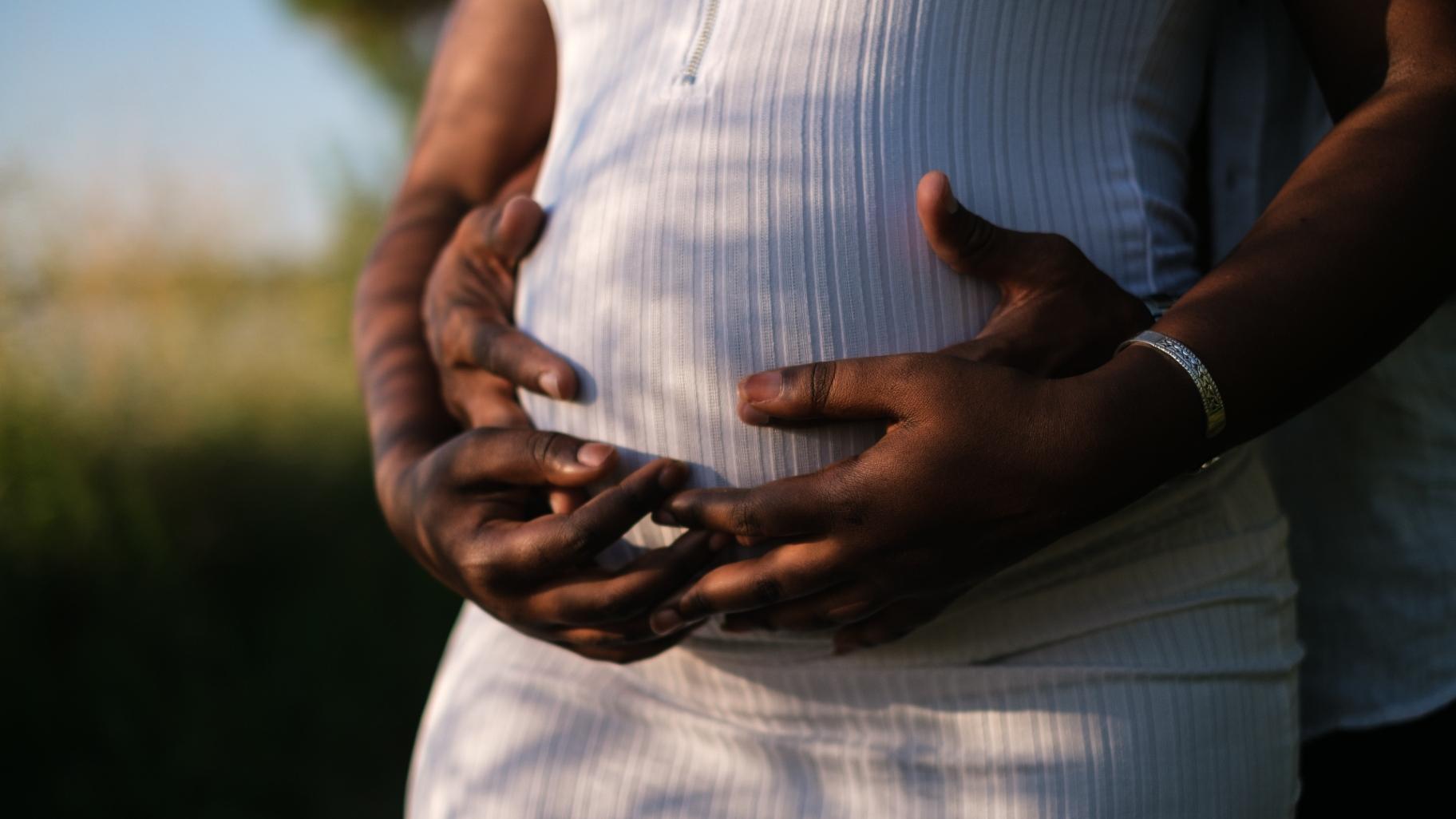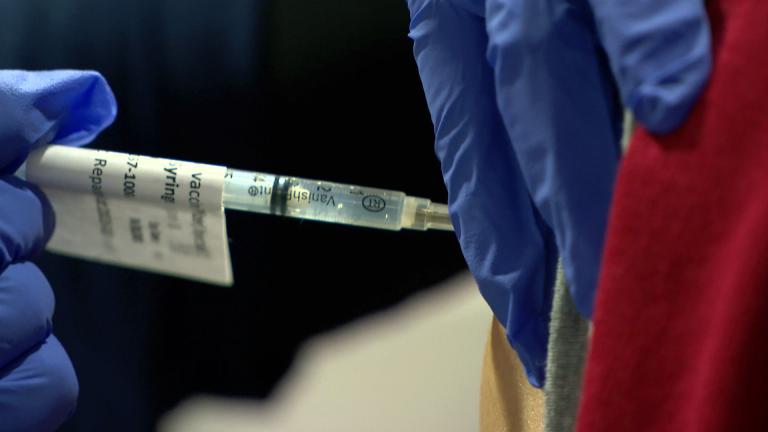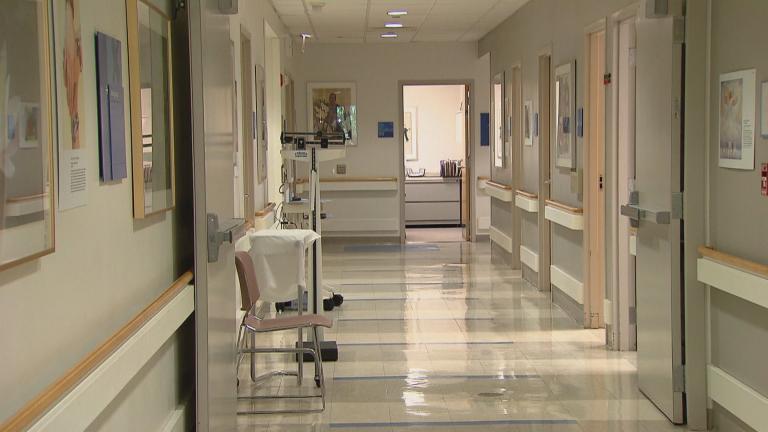 (Pexels / Kei Scampa)
(Pexels / Kei Scampa)
Black women face the highest risk of pregnancy-related death and are twice as likely to die from a pregnancy-related condition compared to White women, according to a report released Tuesday by the Illinois Department of Public Health.
The latest Illinois Maternal Morbidity and Mortality Report, which is the third report to come out since 2018, covers maternal deaths among Illinois residents from 2018 through 2020.
More key findings of the report include:
- On average, 88 women per year died while pregnant or within one year of pregnancy. The highest number of deaths occurred in 2020 with 110 deaths.
- 43% of women who died while pregnant or within one year of pregnancy died from a cause related to pregnancy.
- Pregnancy-related deaths increased by 40% from 2015-2017 to 2018-2020.
- Black women continue to die at higher rates, specifically due to medical causes including cardiovascular disease and pre-existing chronic medical conditions.
- The leading overall cause of pregnancy-related death is substance use disorder, which comprises 32% of pregnancy-related deaths.
- More than half of pregnancy-related deaths occurred more than 60 days postpartum.
The report builds off the work of maternal mortality review committees that IDPH convened to identify the causes of deaths and determine whether a death was pregnancy-related and preventable. The committees are comprised of health care professionals from across the state.
According to the report, 91% of pregnancy-related deaths were potentially preventable due to clinical, system, social, community or patient factors.
The committees’ reviews of maternal death have shown that discrimination and systematic racism play a role in the quality of health care that women receive, which impacts their health outcomes, according to Dr. Robin Jones of Rush University Medical Center. Jones chairs the maternal mortality review committees.
“Our nation will not have a health system that promotes health equity and delivers quality outcomes until we better understand the role that racism plays in maternal mortality and take action to address it,” Jones said in a release.
The report also offers a first glimpse into the impact of the COVID-19 pandemic on pregnant and postpartum people in the state, but public health officials say the full scope of the pandemic will be studied in the next edition of the report when deaths beyond 2020 are analyzed.
On top of identifying statewide trends in maternal deaths, the report also aims to provide recommendations to help prevent maternal mortality.
Key recommendations include:
- Health care providers should know and follow best practices for high-quality maternal health care in key areas that are critical for reducing maternal mortality, including: cardiovascular disease, obesity, mental health conditions, substance use disorder, trauma-informed care and contraceptive services.
- Hospitals and health systems should create protocols and practices to identify and address social determinants of health.
- Community-based organizations should partner with clinical systems to ensure health care providers know about available local social services and case management programs for pregnant and postpartum women.
- State agencies should implement plans of safe care for infants exposed to substances during pregnancy, including the implementation of a notification and tracking system that is separate from child abuse/neglect reporting systems.
The state still has a long way to go toward ensuring that all Illinoisans can have a safe and healthy pregnancy, IDPH Director Dr. Sameer Vohra said in a press release.
“We continue to see unacceptable inequities in maternal mortality for Black women and women with lower socioeconomic status,” Vohra said in the release. “Furthermore, substance use disorders are the leading cause of pregnancy-related deaths, demonstrating the continued devastating impact of the opioid crisis.”
Contact Eunice Alpasan: @eunicealpasan | 773-509-5362 | [email protected]








